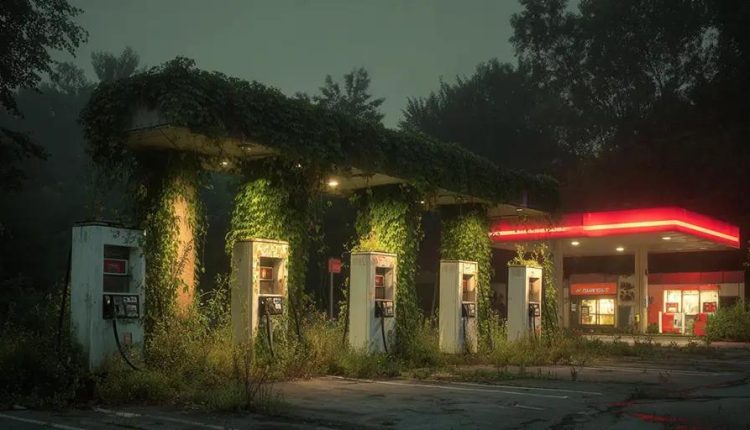By Robert Bradley Jr.
“Climate policy is decidedly out of fashion in 2025 – among Democrats… Climate is out, affordability is in.” – Debra Kahn, Politico (below)
Debra Kahn, “editor of POLITICO’s California Climate newsletter and author of Currents, a column about the conversations, conflicts and characters that animate the energy, environment and climate debates,” recently corrected the eco-narrative. While climate activists are busy selling politically correct renewable energy (wind and solar) as cheaper, she dropped a truth bomb.
In “What Trump’s Victory Taught Democrats About Climate Change,” Politico Magazine (October 16, 2025), she wrote:
The party does not support climate change like many others in the Republican Party, nor does it support the Trump administration’s attacks on clean energy. But as Democrats continue to look for a path forward after their defeat in 2024, they have clearly decided they need to change the way they talk about climate and energy issues. And in some cases it goes beyond the rhetoric and affects the actual policies they promote. The Democrats’ conclusion: Climate is out, affordability is in.
Ouch! First, she notes that climate change is not a major concern for voters.
“It’s an issue that I think we need to continue to address, voice our opinions and work on legislation, but it’s not a top-three issue right now,” Sen. Chris Coons, the Democratic co-chair of the bipartisan Senate Climate Solutions Caucus, told me.
It’s a confusing message.
“Sometimes our messaging in the Democratic Party isn’t great,” Sherrill said in a March interview. “We’ve been saying for years, ‘We need to transition to clean energy.’ And there’s almost an understanding of, “It’s going to cost you a fortune, but if you’re a good person, you’ll do it.” Now that we’ve actually achieved what we promised – it would be cheaper than any other energy source – people are skeptical.”
The climate message is also being watered down.
David Hill, executive vice president of the energy program at the Bipartisan Policy Center, noted that with sufficient electricity supplies, there is less need to focus on reliability and affordability when it comes to climate. These are now the public’s main concerns, and so climate advocates are facing “pretty strong backlash” even though they have limited options to do something.
The climate alarm and government support for low-quality energy are becoming less important – they come and go. The narrative is also broken. The climate complex is in a news crisis. Gilad Regev explained:
Maybe the problem isn’t climate denial. Maybe it’s a climate message. We’ve tried to intimidate or shame people into caring, but that’s not effective. Is it time to completely rethink the way we talk about climate and sustainability? We have spent years trying to influence people through fear, data and moral urgency. The results? Mixed.
I suggested a new message elsewhere:
Summarize the arguments and…it is time for free market energy policy to replace the crony capitalism and termite efforts of the climate industrial complex. To all climate alarmists and supporters of the forced energy transition: check your premises for a mid-course correction. Not climate fear.
Like this:
Load…
Explore more from Watts Up With That?
Subscribe to receive the latest posts by email.


Comments are closed, but trackbacks and pingbacks are open.